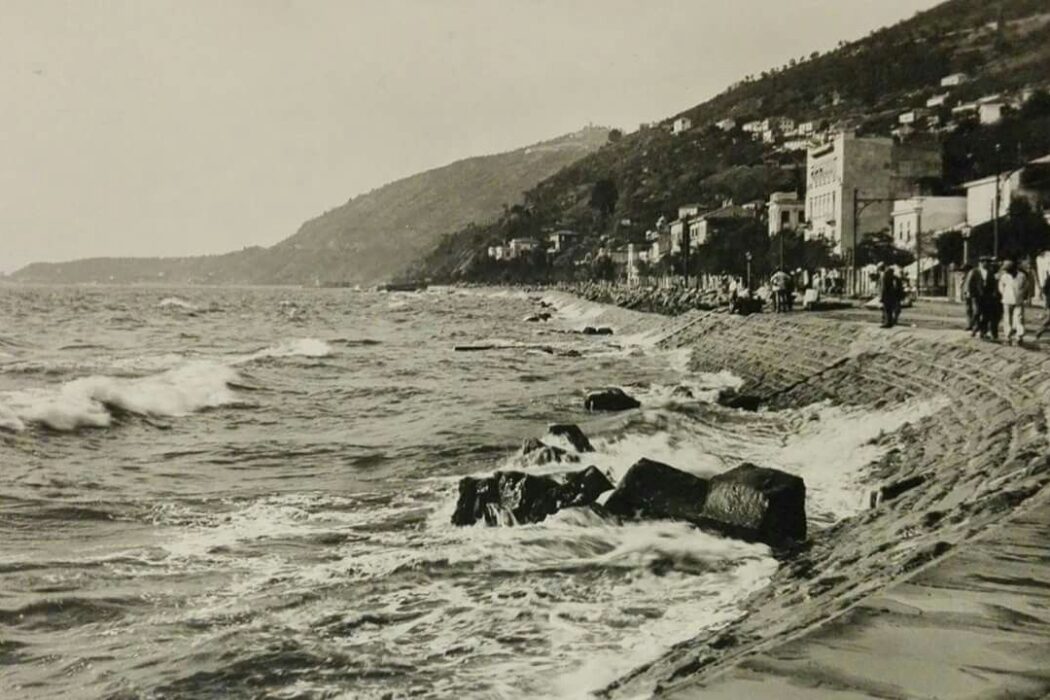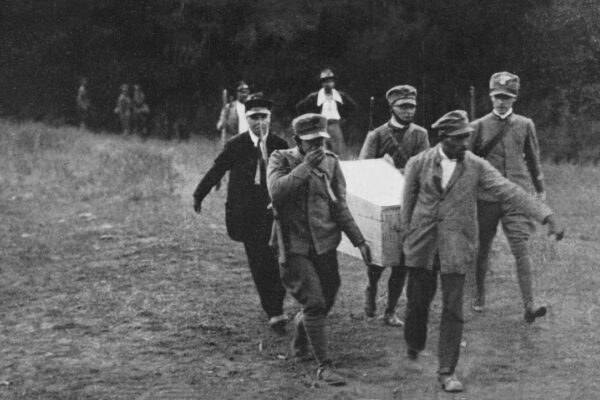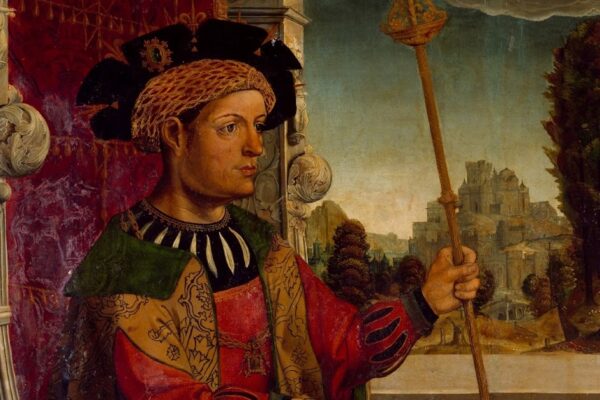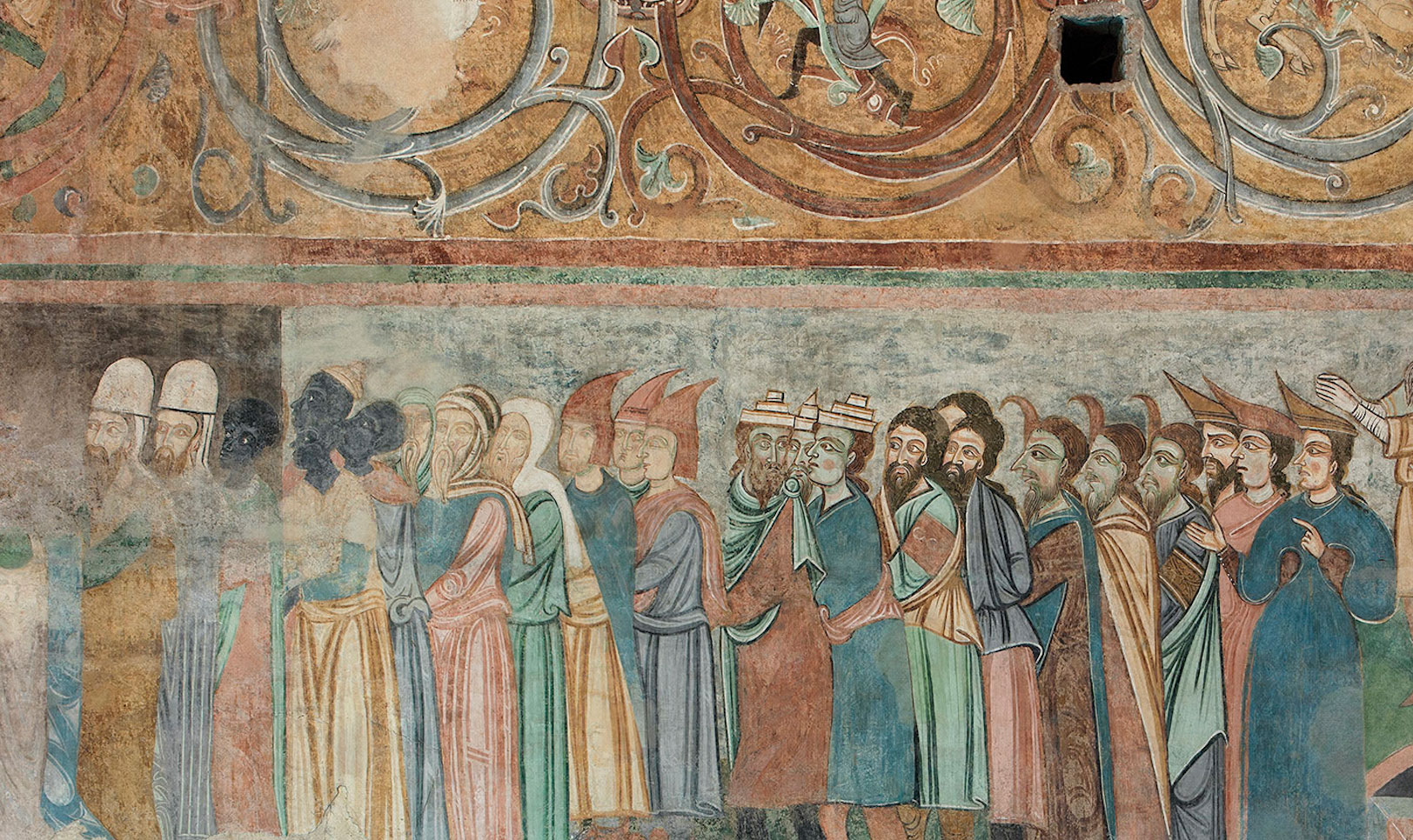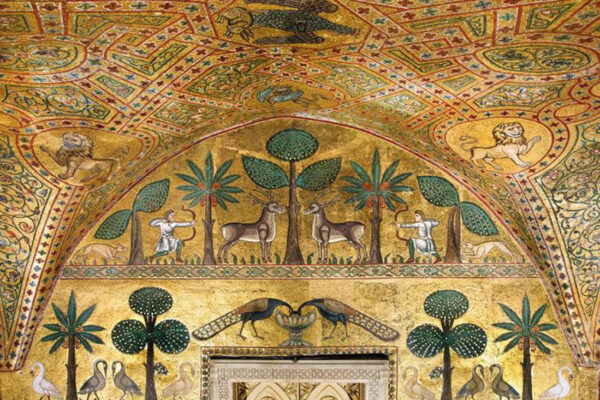Call for Papers: The Jews and the Nation-States of Southeast Europe from 1848 to the Great Depression.
International Conference. Department of Humanities, University of Trieste, for 12-13 May 2014
The program provides for an introductory speech by Karen Barkey (Columbia University), and then papers by Tullia Catalan, Marco Dogo, Annalisa Di Fant, Bojan Mitrovi, (University of Trieste), Paris Papamichos Chronakis (Brown University, University of Thessaly), Gianluca Volpi (University of Udine), Emanuela Costantini (University of Perugia), Ilaria Pavan, Elena Mazzini (Scuola Normale Superiore di Pisa), Björn Siegel (Institut für die Geschichte der Deutschen Juden, Hamburg). Papers will be discussed by Aron Rodrigue (Stanford University), Catherine Horel (CNRS, UMR IRICE Université Paris I), and Milan Ristovi (University of Belgrade).
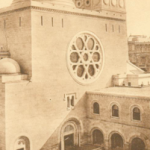 The participation is open for a maximum of 6 PhD students whose field of interest is at present related (in a wide sense) to the Conference’s topics (see below*). They will be required to submit a short presentation (max 10 minutes) of their current research to the Conference; they will receive board and lodging, and their travel expenses will be reimbursed.
The participation is open for a maximum of 6 PhD students whose field of interest is at present related (in a wide sense) to the Conference’s topics (see below*). They will be required to submit a short presentation (max 10 minutes) of their current research to the Conference; they will receive board and lodging, and their travel expenses will be reimbursed.
Proposed topics
1. reactions of the communities to the construction of the nation states and subsequent political changes, whether general or characteristic only of certain states;
2. characteristics of the processes of emancipation: the right to equality, i.e. what was meant by civil rights and political rights in the various national contexts; the right to diversity, i.e. the community organisation of the Jews and its juridical recognition in the different nation states;
3. processes of integration and Jewish socio-economic conduct, with particular reference to: the professional articulation of the middle classes; success as the model for a new professionally qualified immigration;
4. obstacles to integration: significance of traditional anti-Jewishness, political and economic anti-Semitism;
5. patriotic participation as a means to national integration;
6. self-identification of the Jews with the liberal middle class and its cultural and political values;
7. the Jews between state education and private / community education;
8. articulation of the old and new Jewish presence in the individual states (possible regional differences, between urban and village Jewish communities, capital cities and minor centres);
9. significance of belonging to the Ashkenazi or Sephardic circle in the various Jewish communities;
10. the appeals of the Jews to the outside world: to the consuls of the European Powers, in particular in the ex-Ottoman states; to the AIU; to the international press; to the great Jewish families of central-western Europe; to international congresses, with a consequent gradual formation of a juridical system of international protection;
11. action and influence exerted by western philanthropic organisations in the processes of modernisation;
12. reception in the western Jewish press of the fortunes of south-east European Jewry;
13. models of self-portrayal in western Jewry in comparison with those of eastern Europe;
14. reactions of the Jewish communities to the dramatic and radical changes in the state context: the Jews of Salonika, from dominant minority to barely tolerated minority; the Jews of Hungary after the Trianon, from inclusion to discrimination; the Jews of the Kingdom of Serbs, Croats and Slovenes, adaptation to a new supranational identity; the Jews in Greater Rumania, from discrimination to inclusion, and vice versa; the Jews during the green dictatorship in Bulgaria, namely, patriotism punished;
15. difficulties of liberalism and the re-launching of exclusion policies in the post-war period;
16. growth and peculiar characteristics of the Zionist movement in the individual states; Zionism as local retort to majority nationalism;
17. Great Depression, autonomy, authoritarianism: prospects for the Jews in south-eastern Europe?
Applications must be sent to M. Dogo and T. Catalan by March 15, 2014. For applications and infos write to: dogo@units.it, catalant@units.it Please include a short abstract (ca. 200 words), a CV and a cover letter. Dr.Tullia Catalan Ph.D
DSU- Dipartimento di Studi Umanistici Università degli Studi di Trieste Androna Campo Marzio 10<br />34100 Trieste Italy Studio: IV piano, stanza 13 tel: 0039-0405584326 (studio) cell: 0039-3289079354 mail: catalant@units.it


